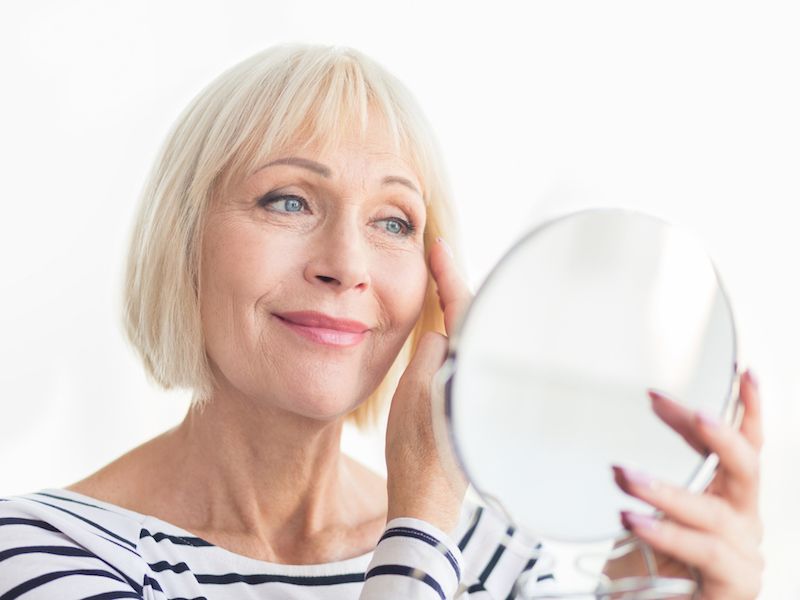
Everyone wants to stay young for as long as they can. From gym memberships to Botox to wrinkle cream to special diets, we spend countless hours each day doing what we can to slow down the aging process. Still, with all that time and effort, we commonly avoid doing one simple thing that may really work: wearing ear protection.
The majority of people most likely think of hearing loss as inevitable as we age. But it’s not as simple as that. By safeguarding your ears (and treating them with a bit of kindness on the way), you can help avoid harm and keep your hearing in great shape. And good hearing can have significant anti-aging effects as the years go on.
Hearing And Aging
When we discuss “aging” we don’t normally mean the actual passing of time. Rather, “aging” generally refers to the presentation of certain emotional, mental, or physical characteristics that we link to getting older. Pain in your joints is a great illustration of this. You may relate sore knees, for example, with “growing old”. But lifestyle has as much to do with this as does age.
Many kinds of hearing loss fall into this category. As you age, damage accumulates. The accumulation of damage, in most instances, is the actual cause of hearing deterioration. And it’s often downhill from there. Untreated hearing loss has been associated with several other signs of aging:
- When hearing impairments are unnoticed and neglected they can often accelerate the onset of other mental health issues, including dementia.
- Depression and anxiety have been demonstrated to have a strong link to hearing loss.
- In some situations, the mental burden associated with attempting to hear can result in problems like memory loss or insomnia. And that can make you feel like you’re aging in an especially profound way.
- Self isolation from friends and family can be the outcome of neglected hearing loss.
So How do I Combat Age-Related Hearing Loss?
You’re actually emphasizing damage prevention when you battle the “signs of aging” in your ears. And thankfully, there are a few ways to accomplish that. For example, you can:
- If you happen to work in a rather noisy setting, wear hearing protection. Modern ear muffs have amazing technology that can let you hear voices clearly while eliminating loud, harmful environmental sounds.
- As much as possible, steer clear of loud noises. If you need to expose yourself to loud noise, wear hearing protection. So when you go to that concert with your favorite band, be sure to use earplugs.
- Become more aware. It’s not just the painfully loud sounds that can cause harm. Your hearing can also be injured by moderate noise if you are exposed to it for long time periods.
All of these steps will help safeguard your hearing. But if you want to keep your hearing in good condition you can do one more thing: come see us for a hearing test. Catching hearing loss before you even notice it can be achieved by having regular examinations. You should still get an exam even if your hearing is normal so that you can have a baseline to compare against in the future.
Wear Hearing Aids to Keep Your Ears Healthy
We live in a loud world. Despite your best effort to take care of your hearing, you still may ultimately notice some hearing loss. If that’s the situation, it’s vital that you get help as quickly as possible. Some of the age related concerns associated with hearing loss can be avoided with a good pair of set aids.
You can perhaps think of hearing aids as a facelift for your ears: something to make your ears to work a little more youthfully. And dementia, depression, and other problems can be prevented. This example only goes so far since a facelift is cosmetic and hearing aids are necessary. Wrinkle creams may help you look younger. But if you actually want to battle aging and feel a bit more youthful, your best bet is to safeguard your ears and deal with your hearing loss.